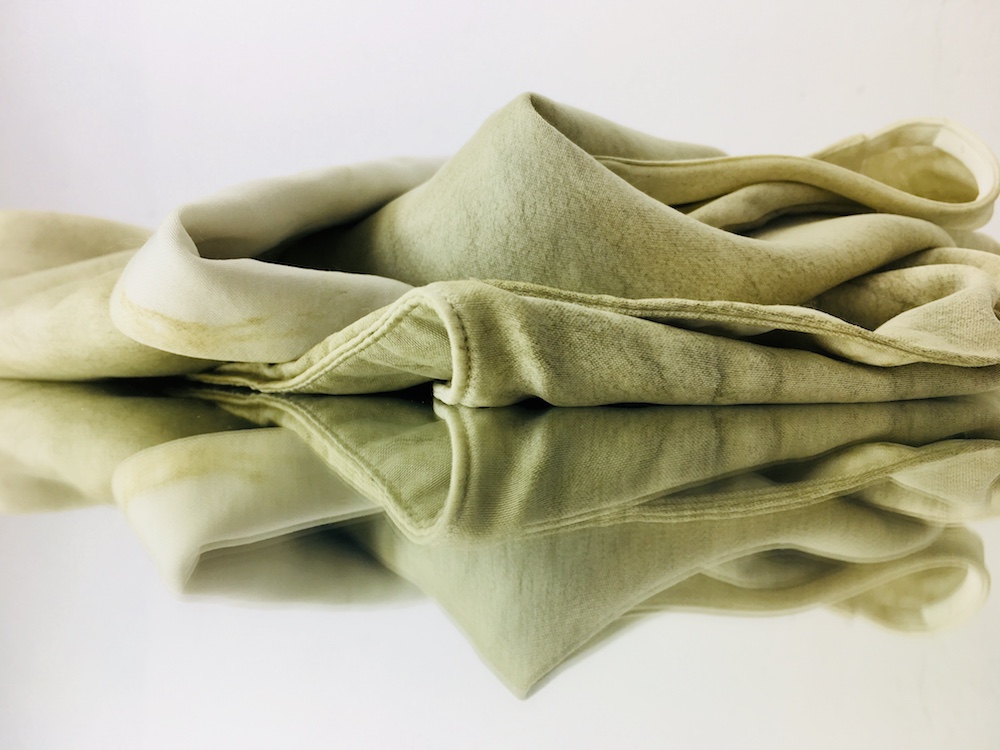
Coordinated by VITO, an independent Flemish research organisation in the clean technology and sustainable development sector, the project will deliver a closed-loop recycling solution for discarded post-consumer textiles, stimulate conscious design and production practices, create new business opportunities by boosting activity within textile value chains, and increase public awareness of the environmental and social impacts of textile consumption, a press release from VITO said.
As clothing brands are setting ambitious targets and making promises to incorporate recycled fibres in their products, discarded textiles are piling up in abundance around the globe.
Though it would seem the stars of supply and demand have aligned for this part of the circular economy, less than 1 per cent of textile waste is recycled into new textile fibres, according to a 2017 Ellen MacArthur Foundation report.
This miniscule percentage is indicative of a greater problem—achieving circularity in the fashion industry is not just a question of supply and demand, but of the connection between the two, the press release said.
There is a lack of knowledge surrounding the technological, economic and environmental feasibility of recycling fibre mixtures, and a need to align the quality and cost of recycling processes with the demands of textile companies and fashion brands.
SCIRT will develop solutions to support systemic innovation towards a more circular fashion system and bridge this supply-demand gap.
To address the demand side of the equation, SCIRT will demonstrate a complete textile-to-textile recycling system for discarded clothing, otherwise known as post-consumer textiles, involving stakeholders throughout the value chain and focusing on the recycling of natural and synthetic fibres, as well as fibre blends.
With the support of technical partners and research institutes, clothing brands Decathlon, Petit Bateau, Bel & Bo, HNST and Xandres, the project will develop, prototype and produce six different representative types of apparel using post-consumer recycled fibres.
Special attention will also be given to the consumer perspective. To this end, Citizen Labs engaging consumers in various European locations, as well as a wider online engagement platform, will be developed to engage citizens throughout the project in order to understand the perceptions, motivations and emotions shaping their behaviour regarding the purchase, use, and disposal of textiles.
Over the next three years, SCIRT project partners will work to overcome current technological, economic, socio-economic and regulatory barriers faced in textiles recycling to achieve a real, lasting circular fashion economy, the press release added.
